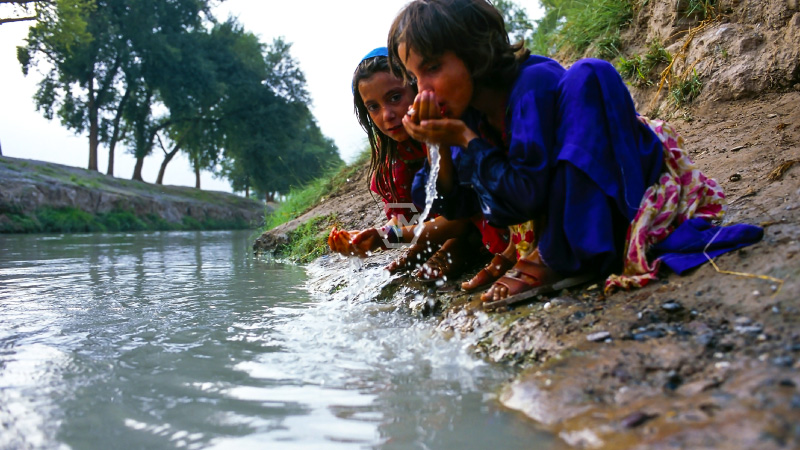Another report sent off Tuesday just before the primary major U.N. meeting on the water in more than 45 years expresses that 26% of the total populace doesn’t approach safe drinking water and 46% need admittance to essential sterilization.
The U.N. World Water Improvement Report 2023 illustrated the gigantic hole that should be filled to meet U.N. objectives to guarantee all individuals approach clean water and disinfection by 2030.
Most the People in the World Not Getting Clean Water
Richard Connor, proofreader in-head of the report, told a news gathering that the assessed cost of meeting the objectives is somewhere close to $600 billion and $1 trillion every year.
Yet, similarly significant, Connor said, is fashioning organizations with financial backers, agents, legislatures, and environmental change networks to guarantee that cash is put resources into ways of supporting the climate and giving consumable water to the 2 billion individuals who don’t have it and disinfection to the 3.6 million out of luck.
As per the report, water use has been expanding worldwide by generally 1% each year throughout recent years “and is supposed to develop at a comparable rate through to 2050, driven by a blend of populace development, financial turn of events, and changing utilization designs.”
- There are 171 nations, including north of 100 pastors, on the speakers list alongside more than 20 associations.
- The gathering will likewise incorporate five “intelligent exchanges” and many side occasions.
- It is in these metropolitan regions “that you’re having a huge expansion popular,” he said.
- Concerning water contamination, Connor said, the greatest wellspring of contamination is untreated wastewater.
Connor said that real expansion sought after is occurring in non-industrial nations and arising economies where it is driven by modern development and particularly the fast expansion in the number of inhabitants in urban areas.
Starting around 2000, floods in the jungles have quadrupled while floods in the north mid-scopes have expanded 2.5-crease, the report said.
Patterns in dry seasons are more challenging to lay out, it said, “albeit an expansion in force or recurrence of dry spells and ‘intensity limits’ can be anticipated in many districts as an immediate consequence of environmental change.”
These and different issues including safeguarding oceanic biological systems, further developing administration of water assets, expanding water reuse, and advancing participation across verges on water use will be talked about during the three-day U.N. Water Gathering co-led by Ruler Willem-Alexander of the Netherlands and Tajikistan’s Leader Emomali Rahmon opening Wednesday morning.



